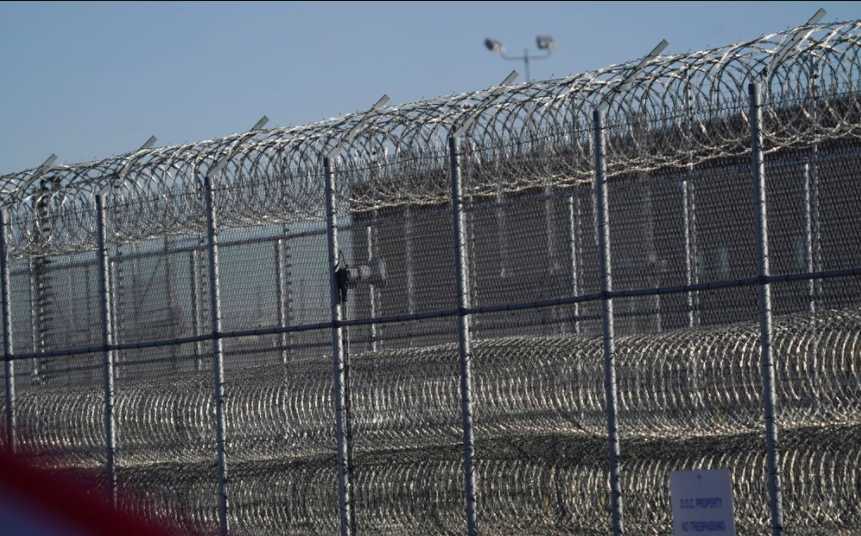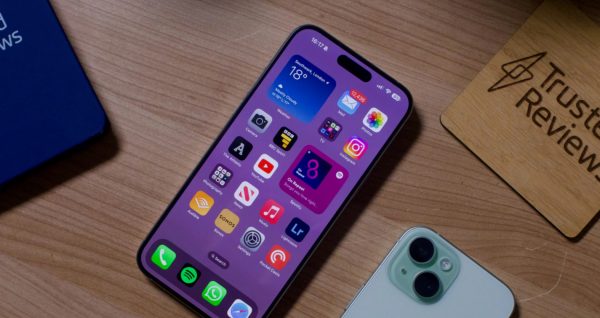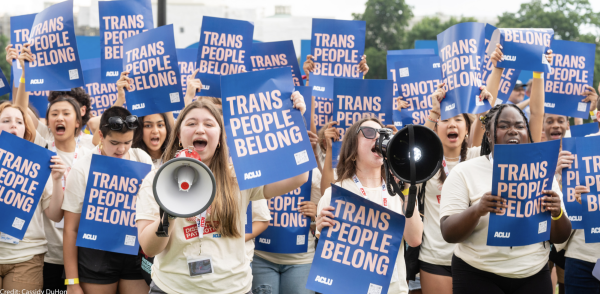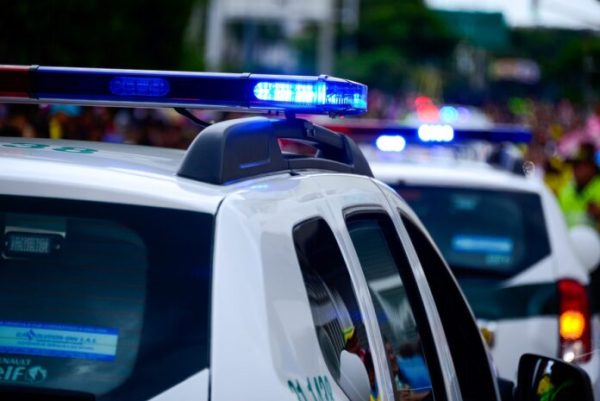Debate Surrounds Inmate Vaccinations
Prisons across the world have been hit by COVID harder than imagined this year. It is impossible for inmates to be able to social distance while being in their cells, close to others at all times, and sharing bathrooms. Several inmates have serious health problems, and their families are very worried about them staying healthy. The big problem right now is inmates are not eligible to get the first wave of the vaccines, even though they are at very high risk. Some people think that they should not get it because they committed a crime, and others think they should be treated and put into categories like everyone else. Nearly 249,000 inmates have tested positive this year, and 1,700 of them have died.
The cases in prisons keep rising and more people are dying each day. The biggest ethical dilemma is the fact that there is a limited number of vaccines. If a vaccine is given to an inmate, it is taken away from someone else, but if a vaccine is not given to an inmate they may die.

My name is Aubrianna Shetlar, and this year I am a senior. This is my second year in SPUB and I am the Senior Ads Manager this year! I am a part of several...
















